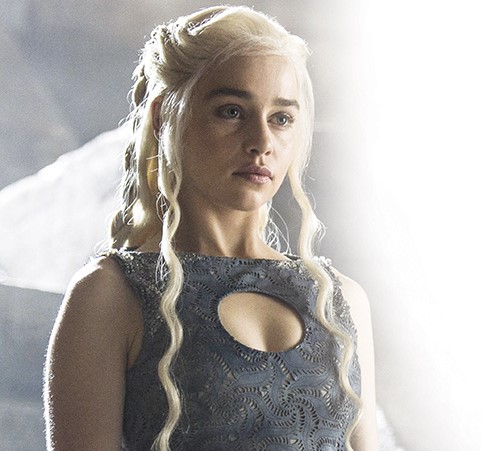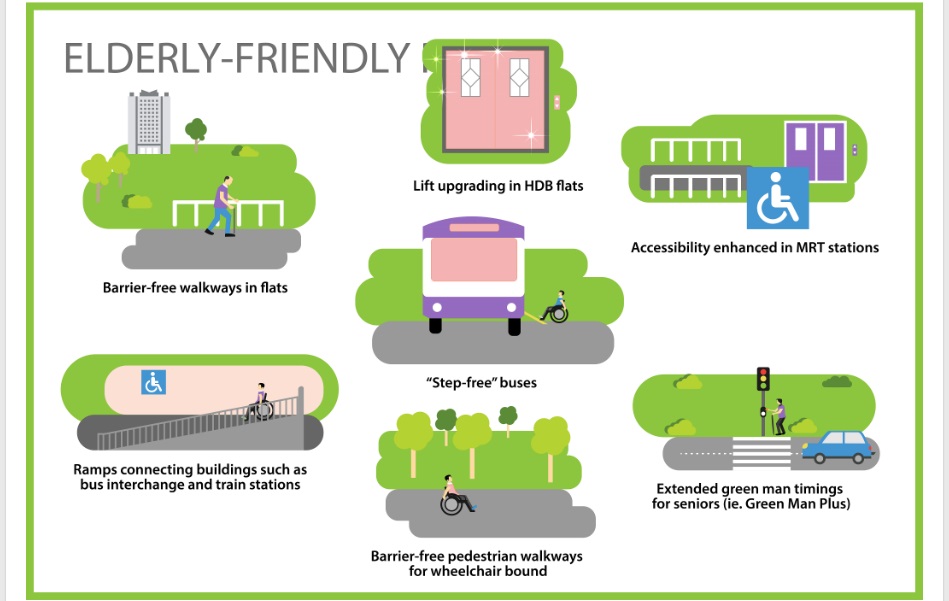By Jonathon Ang
To some Singaporeans, the 1960s invoke nostalgic remembrance of the ‘good old days’. Our communities were close-knit and people enjoyed quality time spent with family. Although our forefathers are not as affluent as we are now, they are mostly contented with a life unshackled by materialism. To them, life was worth more than chasing dollars and cents. They were easily satisfied with putting simple fare on the table and living in simple abodes.
Our forefathers from the 1960s would be in for a shock if they were able to hop into a time machine to visit our world today. They would hardly recognise the world for what it had become.
Traditional values like honesty and thrift have mostly given way to unbridled consumerism and instant gratification. The sacred institutions of religion and family have substantially eroded in Western cultures. The beliefs and habits of modern day people are alien to what humanity had experienced in the previous two millennia.
Our forefathers might rush back into their time machine to bring home stories of how the world had degenerated within half a century. Perhaps they would never attempt another trip into the future as they would not be able to fathom how their world could have changed so much within a generation.
How Did All These Happen?
In a borderless world soaked in technology, no country, including Singapore, is spared from the impact of globalisation, be it benign or malignant. We have been exposed to modern liberal culture, which seems to be at odds with our traditional values.
In a typical episode of HBO’s famously violent Game of Thrones, for example, several people will be murdered, and quite often a woman will be raped. In its 60 episodes to date, there have been 133 named character deaths and 50 rapes (one tally estimates total deaths at 5,348).
As one of the most connected countries in the world, Singapore is more susceptible to external influences than we think. Through sustained exposure Hollywood movies and Western culture, we have been subconsciously influenced by the values promoted in more liberal societies.

HBO’s Game of Thrones (GOT) is one example. In the process of achieving record viewership, they were criticised for promoting violence, nudity and moral degeneration in their series. In February 2017, an ABC News columnist wrote: “In a typical episode of HBO’s famously violent Game of Thrones, for example, several people will be murdered, and quite often a woman will be raped. In its 60 episodes to date, there have been 133 named character deaths and 50 rapes (one tally estimates total deaths at 5,348).”
Yet none of us gasped in awe at such stark portrayal of violence. What is more worrying is that we became immune to such violence. Although this series is in conflict with basic human values, GOT has a widening fan base, reaching millions of viewers all over the world.
Given our interconnected environment, there is no way that we can escape from external influences unless we choose to be a hermit or live under a rock.
Pushing the Boundary
As an immigrant society, Singapore’s identity is drawn from a good mix of Chinese, Malay, Indian and Western cultures and values. Singapore prides herself as a cultural melting pot and is not distinctively xenophobic. However, Singapore prefers to err on the conservative side if any liberal values are in conflict with her traditional values.

We need not look any further than the controversy generated by the Pink Dot movement in Singapore.
The Pink Dot event is an annual gathering held at Hong Lim Park in support of the lesbian, gay, bisexual, and transgender (LGBT) community in Singapore. Since its inception nine years ago, its popularity has increased in Singapore and it was last attended by at least 20,000 participants this year. This is no mean feat in conservative Singapore
The rise of the LGBT movement in Singapore is not a product of chance. The international LGBT community has proactively pushed the boundaries in predominantly Western societies to legalise same-sex marriages. Their efforts, which are regularly publicised, are gradually influencing Singapore. Younger Singaporeans are starting to push for the acceptance of such liberal values.
Walt Disney’s 2017 Beauty and the Beast movie included a homosexual scene, which has caused a stir in Singapore and the National Council of Churches Singapore (NCCS) publicly commented that some of the church leaders view this as Disney’s “attempt to influence young children and socialise them at an early age into thinking that the homosexual lifestyle is normal”.
The Christians are not alone. Such views are also shared by other traditional members of society as they collectively agree that children could be unduly influenced at a young age.
An Uphill Battle for Acceptance
Despite their recent success, the Pink Dot movement is fighting an uphill battle in their quest for mainstream acceptance.
The Pink Dot movement is facing strong pushback from the traditional elements of society, which are wary of the possible disruptions by modern liberal values to society. In a blatant challenge to the Pink Dot movement, the Christian and Muslim communities launched a “Wear White” movement to publicly reject the normalisation of LGBT lifestyles.
Such pushbacks are anticipated given the strong traditional views of Singaporeans. According to a 2014 survey on social morality in Singapore, the Institute of Policy Studies (IPS) revealed a strong conservative streak in Singapore. The survey noted that 78.2% of the respondents are against homosexual relationships and 72.9% of the respondents are against the kind of same-sex marriages legalised in the West.
Conservatism in Singapore is also extended to heterosexual relationships. The same survey noted that 44.4% of Singaporeans are against living with a partner before marriage. Eighty of the respondents also took a strong view against extra-marital affairs.
The strongly conservative nature of society is acknowledged by the Singapore government. This explains why Ashley Madison, a Canadian website promoting adultery, is banned in Singapore. Singapore leaders have announced that Singapore is not ready for same-sex marriage as adultery disrupts a society.
Singapore is also wary of undue influences from foreign entities that could impose their brand of modern liberal values on Singapore, which may be detrimental to our society. Hence, it was
mandated that foreign entities are not allowed to sponsor Pink Dot events starting from this year.
Clash of Values
Why are the defenders of traditional values so strongly against modern liberal values? One of their main arguments is that liberal values are a direct threat to society as it threatens the sacred institution of a traditional family.
Traditionalists have long pointed out that healthy family units are important building blocks of any healthy society. A healthy family is essential to imparting values to the younger generation to become responsible members of society. They also provide emotional support and act as a safety net for its members. This viewpoint is universally accepted and can be traced back to Aristotle and Confucius thousands of years ago.
A journal article published by the Australian Family Association in 2012 cautions: “A substantial body of evidence suggests that family structure matters and that children do better, on average, when they are raised by the household of their own married mother and father. Considerable damage can be done to children by making legal policy based on preliminary and inadequate social science research. Legal scholars should proceed with caution before advocating changes in family law based on the assumption that family structure does not matter to a child’s well-being.”
The Trend Unfolds
All in all, however, the relevance of a traditional family is increasingly questioned in the West. It is estimated that nearly half of marriages in the West ends in divorce and it is increasingly common for children to be raised in single parent families. A traditional family unit is no longer portrayed as essential in the media and alternative lifestyles promoting same-sex families, for example, are increasingly normalised in their media.
While Singapore’s divorce rate is nowhere as alarming as compared to Western societies, it is undeniable that the traditional family is under fire from the double whammy of decreasing marriages and increasing divorces. Traditionalists are concerned that we may tread the path of Western societies if the current trend persists.
What must come will come. The influence of modern liberal values will only grow stronger in Singapore, as it has spread around the world. There is no way to stop the growth of such an influence. Such is the power of Hollywood and the mass media, amongst other factors.
Before you get affronted by these references to traditional values and demand ‘political correctness’, even American political commentator and self-professed classical liberal Dave Rubin has commented on his talkshow, The Rubin Report: “The Left loves diversity in skin colour, just not diversity in thought.” (‘The Left Is No Longer Liberal’, 2017)
By then, it is a matter of time before our society will be placed at a crossroads to decide where we should go as a society.
Which way will you choose to go?
Our next article will continue with the importance of religious institutions and how they are increasingly challenged by modern values.
Click here: People and Society at A Crossroads – Part 2
















